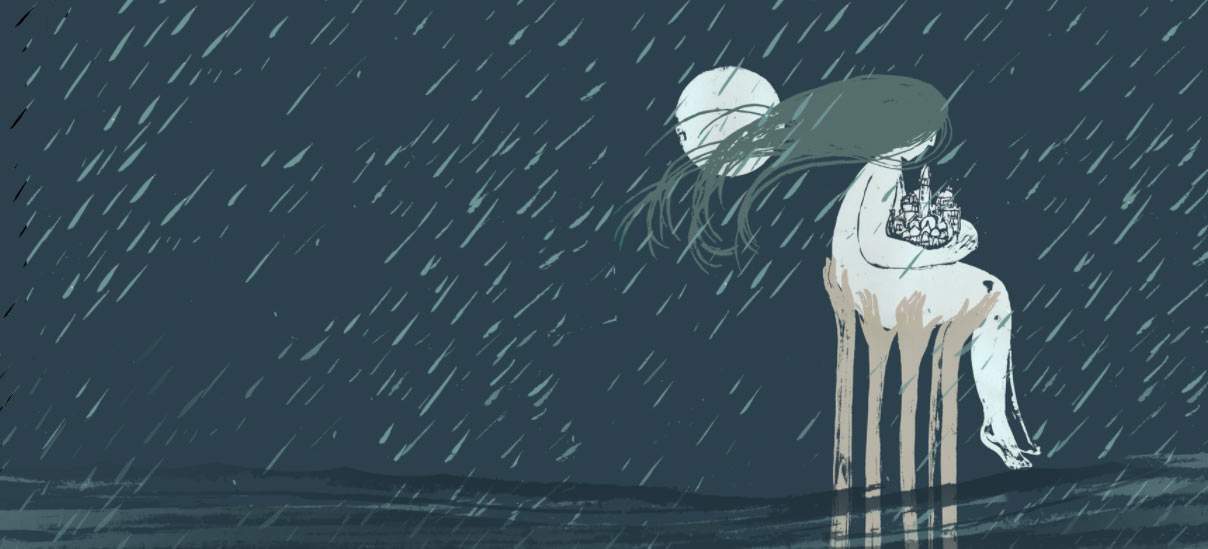On November 12, 2019, Venice experienced an exceptional high water episode, an event renamed “Acqua Granda” by the population. Acqua alta is a tidal surge of the Adriatic Sea that sends huge amounts of water into the lagoon with a rise in the water level within the city of 110-160 cm above sea level. The occurrence of this event is common in the fall and spring seasons, and inevitably submerges between 14 and 70 percent of the city, but the Acqua Granda, with a peak tide that exceeded 180 cm and submerged 80 percent of the city, was even more devastating, causing very extensive damage to the city and its artistic heritage.
The last historic exceptional tide was on November 4, 1966. These events are obviously having a tremendous impact on the city and its people, causing the destruction of transportation infrastructure, stores, private homes, monuments, equipment, libraries and laboratories. They undermine the economy, especially tourism-based sectors, and other important activities in the city, such as the university or the hospital. They consequently have a great impact on the mood of citizens, the livability of the city already severely damaged by mass tourism, and the ecological sustainability of the lagoon.
It is to remember the event that the AquaGranda 2019 project, implemented byCa’ Foscari University of Venice together with Science Gallery and Odycceus in the form of an archive (which currently has 500 videos, 4,500 photographs, and 4,500 other testimonies, such as audio, chat and social messages, and more) and a future widespread exhibition (to be held in 2021) to remember the Acqua Granda of November 2019 as seen through social media, came to life. Citizens, visitors, and international users posted a large number of messages, audio clips, and videos on social media, reporting personal experiences of the event and its aftermath discussing the causes, what could be done to repair the damage in the short term, and how another disaster could be avoided in the long term. They represent a collective digital memory for the city of Venice.
The messages talk about the effects of climate change, the ecological mismanagement of the lagoon, the bora and sirocco winds, the political fallout that delayed the completion of work on the MOSE flood barrier, the collapse of tourism, as well as the personal experiences and despair of citizens defending their homes, lamenting the damage to their homes, and international sadness over the loss of the unique European cultural heritage found in Venice. All these testimonies can be scrolled through on the newly launched project website: www.aquagrandainvenice.it. And added to this is a documentary, available from November 12, entitled The City of Sirens , which recounts the terrible experience of last year: directed by Giovanni Pellegrini and produced by Ginko Film, it can be seen on the Science Gallery website.
“As a historian,” commented Paola Mar, Councillor for Heritage and the University of the City of Venice, “I really appreciate the defense of memory, especially in a period of transition like the one we are living through: the transition from a paper-based, tangible memory to a widespread digital memory. This project clearly testifies to the City of Venice’s spirit of resilience, its ability to cope even with overwhelming events such as the acqua granda of November 12 last year. An event that could not help but bring the city to its knees. Even today Venice is not going through a good period, however, it has shown that it can react.”
To visit Aqua Granda’s official website, click here.
 |
| The Aqua Granda: high water in Venice in 2019 becomes a collective memory project |
Warning: the translation into English of the original Italian article was created using automatic tools. We undertake to review all articles, but we do not guarantee the total absence of inaccuracies in the translation due to the program. You can find the original by clicking on the ITA button. If you find any mistake,please contact us.